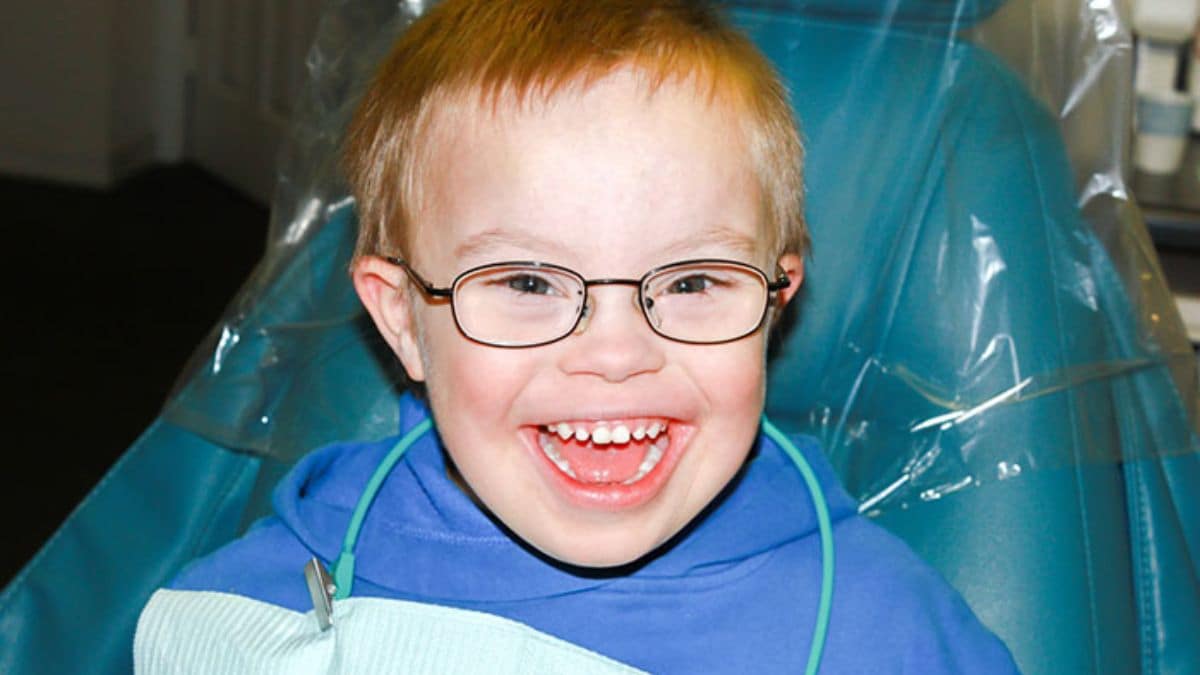Key points
- As medical care and treatment have advanced, people with heart defects are living longer and healthier lives.
- Scientists estimate that more than 2 million people in the United States are living with a heart defect.

Lifelong care
Though treatments have improved, many people with a heart defect are not cured, even if their heart defect has been repaired.
People with a heart defect can develop other health problems over time, depending on
- Their specific heart defect
- The number of heart defects they have
- The severity of their heart defect
Ongoing appropriate medical care for their heart defect will help children and adults live as healthy a life as possible.
Know your condition
Children and adults with heart defects can help with their health care by knowing their medical history, including the
- Type(s) of heart defect(s) they have
- Procedures or surgeries they have had performed
- Medicines and doses of current and past prescribed medicines
- Type(s) of medical care they are receiving now
As children transition to adult health care, it is important to notify any new healthcare provider(s) about the child's heart defect.
Health needs and habits
Nutrition
Some babies with heart defects might be smaller and thinner than other children. Some might become tired while feeding and may not eat enough to gain weight. Some may burn more calories, because their heart is working extra hard to compensate for having a defect.
After treatment for their heart defect, children's growth and weight gain often improve. It is important to talk with a healthcare provider about diet and nutrition.
Oral health
Some children with a heart condition can experience poor oral health1, including
- Teeth in fair/poor condition
- Toothaches
- Bleeding gums
- Cavities
Parents and caregivers of children with heart defects can help their child brush and floss their teeth daily. They can also provide drinking water that contains fluoride.

Physical activity
Physical activity can help the heart become strong. Adults and parents of children with heart defects should ask their healthcare provider which physical activities are safe.
Reproductive health
People living with heart defects may need specialized medical care to manage their reproductive health and heart health. Learn more about birth control, preconception health, and pregnancy for people living with heart defects.
Talking to your doctor
It is important for children and adults living with a heart defect to visit a heart doctor (cardiologist) regularly. Regular visits with a cardiologist enable parents of children living with heart defects make the best choices for their child's health. These visits also enable adults living with a heart defect to make the best possible choices for their own health.
Taking medicine
Some children and adults with a heart defect will need medicine to help with problems associated with their heart defect. For example, some medicines help make the heart stronger, and others help lower blood pressure. It is important for children and adults with a heart defect to take medicines as prescribed.
- Downing KF, Espinoza L, Oster ME, Farr SL. Preventive Dental Care and Oral Health of Children and Adolescents With and Without Heart Conditions — United States, 2016–2019. MMWR Morb Mortal Wkly Rep 2022;71:189–195.
